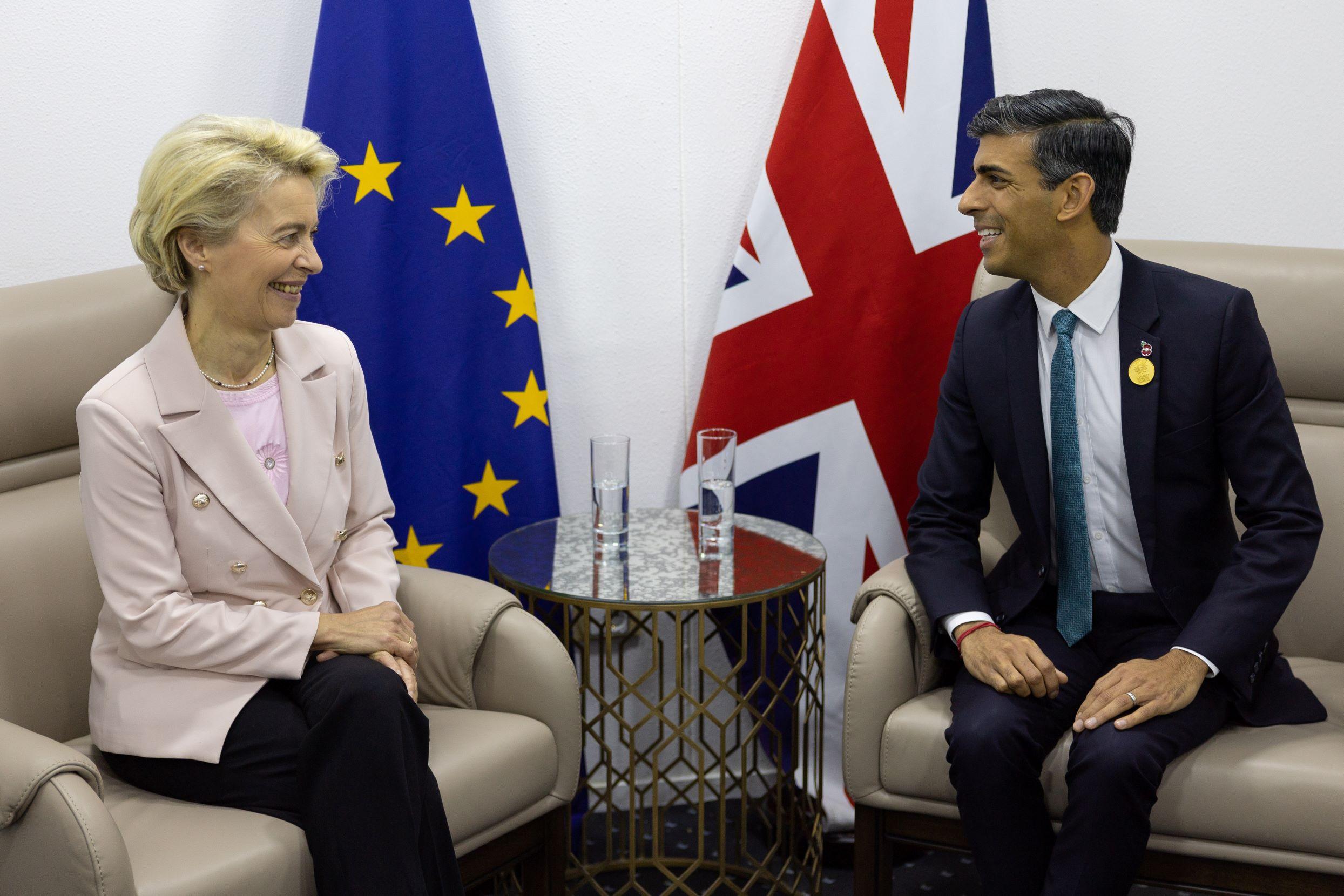 The Chilcot Inquiry has again put back its expected reporting date to this autumn. Recent news reports have claimed that former Prime Minister Tony Blair will be severely criticised on a number of counts. Jason Ralph, however, argues that a more sophisticated diplomatic strategy was being followed, one that was not successful. Lessons from that strategy may be learnt in how the Coalition government is tackling the Libya situation.
The Chilcot Inquiry has again put back its expected reporting date to this autumn. Recent news reports have claimed that former Prime Minister Tony Blair will be severely criticised on a number of counts. Jason Ralph, however, argues that a more sophisticated diplomatic strategy was being followed, one that was not successful. Lessons from that strategy may be learnt in how the Coalition government is tackling the Libya situation.
After suggesting its work would be done by the start of 2011, and then by the summer, the Iraq Inquiry now plans to present its findings to Parliament in the autumn. There is no rush. It is right that the Inquiry be allowed the time to properly consider the evidence. This might, after all, be the last official word on the matter. Yet the delay inevitably leads to speculation about the Inquiry’s conclusions. The Mail on Sunday for instance recently reported that Tony Blair
is to face scathing criticism … on four main failings: bogus claims that were made about Saddam Hussein’s WMD. Not telling the British public about his secret pledge with George Bush to go to war. Keeping the Cabinet in the dark by his ‘sofa government’ style. Failing to plan to avoid the post-war chaos in Iraq.
This is hardly surprising, but the Inquiry will no doubt offer a more nuanced account. The evidence that is publicly available, for instance, suggests that Blair’s ‘pledge’ to go to war was more complicated. Much has been made of Sir Christopher Meyer’s account of the meeting between Blair and Bush at Crawford in April 2002. It was there, Meyer told the Inquiry, that Blair ‘signed in blood’ a commitment to go war. Yet that account was contradicted by Blair and his closest advisers. Sir Jonathan Powell, for instance, told the Inquiry that ‘[t]here was no undertaking in blood … . There was no firm decision to go to war’. Indeed, the publicly available evidence suggests a sophisticated diplomatic strategy was being implemented, one that sought to reconcile two principles: the idea of an international community and the moral case for supporting the US after 9/11. (I demonstrate this in detail elsewhere.)
Blair’s rhetorical commitment to international community was repeated directly after the 9/11 attacks; and in practice he worked hard to convince Bush to go to the UN Security Council before using force against Iraq. He achieved that, with some help from Colin Powell, by August 2002. At that moment Blair faced a problem. It was extremely unlikely that the UN Security Council would pass a resolution allowing the US to pursue its aim, which was regime change through military force. His own legal advice was that regime change could be a consequence of military force but it could not be the purpose. One way of reconciling the US and the UN, therefore, was to convince the Security Council that proper disarmament would not happen with Saddam in power. The international community would then give the US the mandate to remove Saddam. Sir David Manning’s Chilcot testimony, however, reveals a different approach. Some in the US were willing to accept the possibility that complete disarmament would change the character of the regime and that Saddam Hussein could remain in power. The second way of reconciling the US and the UN, therefore was to convince Washington that complete disarmament could happen under UN inspections and that a kind of regime change would take place without war.
This was indeed a complex strategy but it was, ultimately, too ambitious. Blair was aware that the US had set January 2003 as the preferred date for the invasion. The diplomatic process had to be complete by then. This is one reason why UN Security Council Resolution 1441 turned out the way it did. It was because there was insufficient time for a second resolution that Sir Jeremy Greenstock set about negotiating ‘automaticity’ into 1441. Of course, Blair did persuade Bush to delay the invasion while he led the efforts to get a second resolution, which would state explicitly that Iraq was in breach of 1441. Yet this was an error in terms of the overall diplomatic strategy; an error that was born out of Blair’s self-belief in his skills of persuasion. Had he accepted that the majority of states on the Security Council (and not just Chirac) were against the invasion – something Greenstock confirmed in his Chilcot testimony – Blair may simply have claimed in January that the UN mandate for force existed in 1441. By trying and failing to get the second resolution he made it obvious that there was not a majority for war regardless of what 1441 said. The invasion may still have been lawful but by trying and failing to secure a second resolution Blair cast serious doubt over the legitimacy of the law.
What lessons can be drawn from this? One might be that states can pursue regime change under the cover of a UN Security Council resolution so long as the resolution is ambiguous enough and that they do nothing to resolve that ambiguity. This may indeed be the strategy that the coalition government is pursuing in Libya right now. Certainly, South African President Jacob Zuma thinks it is. He has criticised NATO for going beyond what was agreed in Resolution 1973. If this is the strategy then it is less than satisfactory. A commitment to international community, which Blair seemingly bequeathed to ‘liberal conservatives’, should mean a commitment to a reasonable consensus, as well as to human rights and democracy promotion. It is because Blair elevated his view of the moral imperative to support Bush’s America over and above the wisdom of ‘common counsel’ that he is now being criticised.
A fuller version of this piece was published in the August 2011 issue of the British Journal of Politics and International Relations.
Please read our comments policy before posting.






